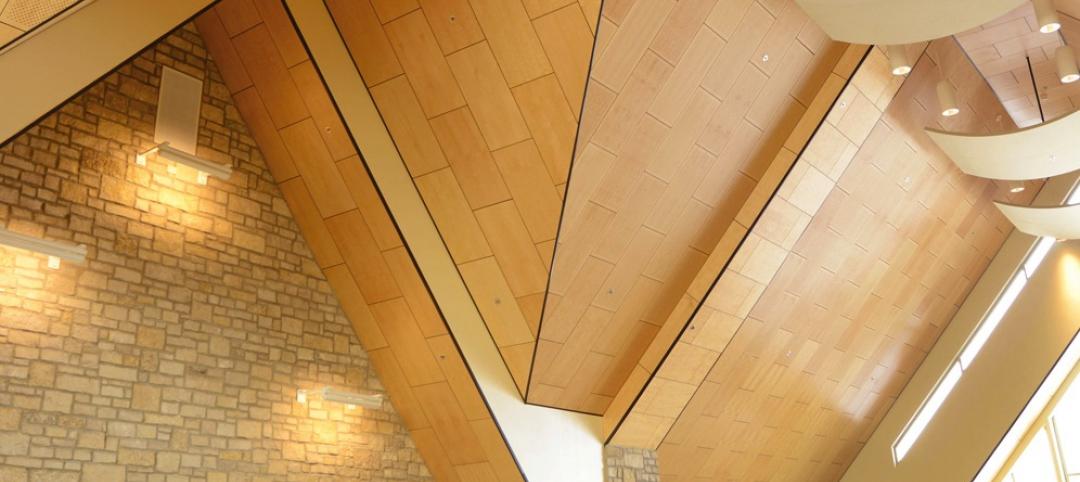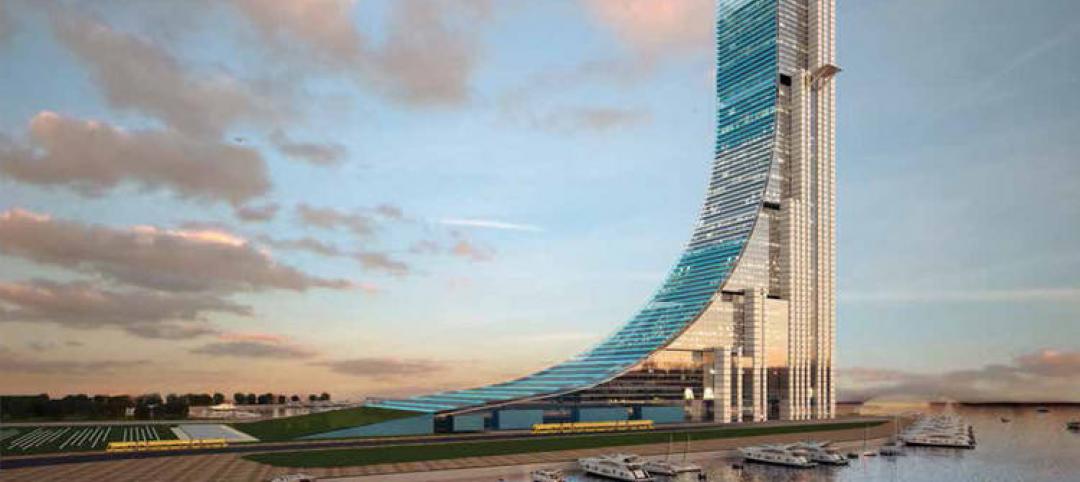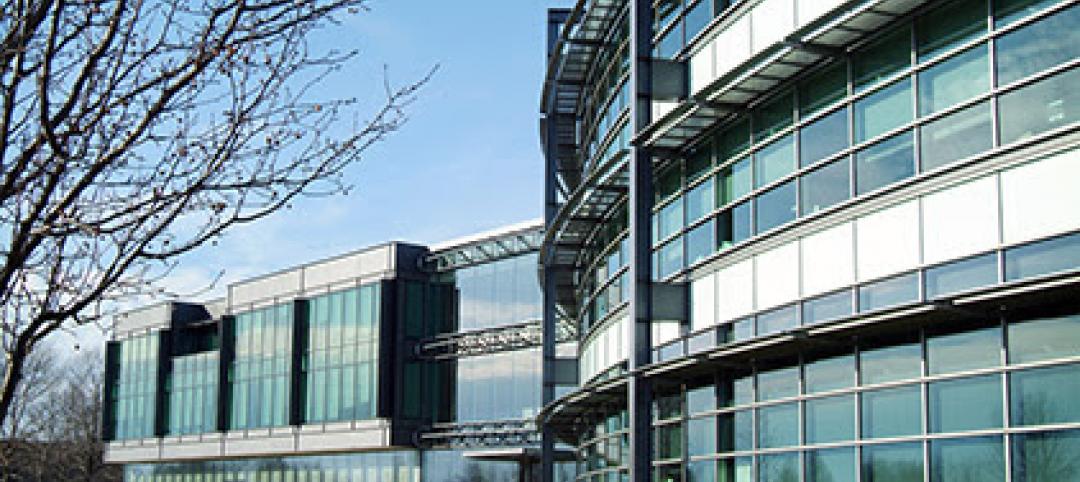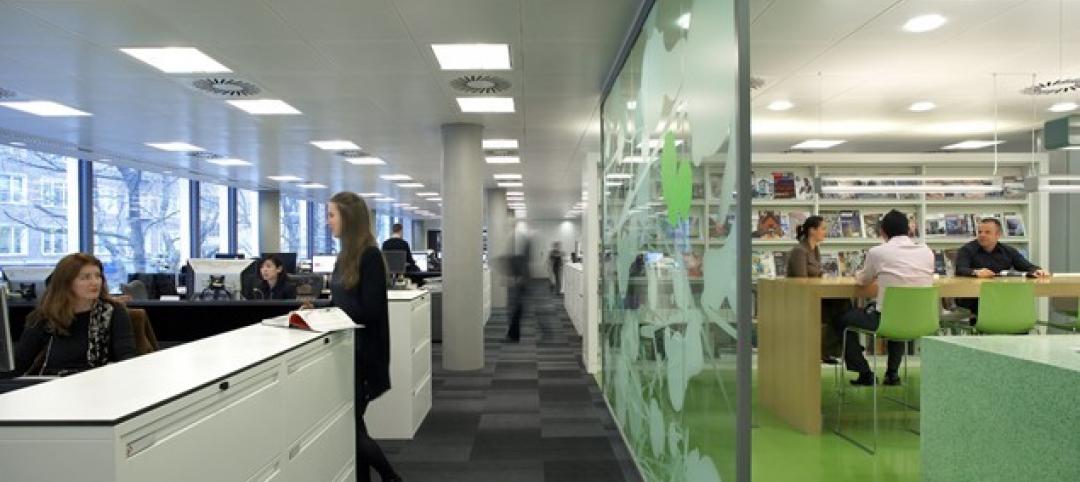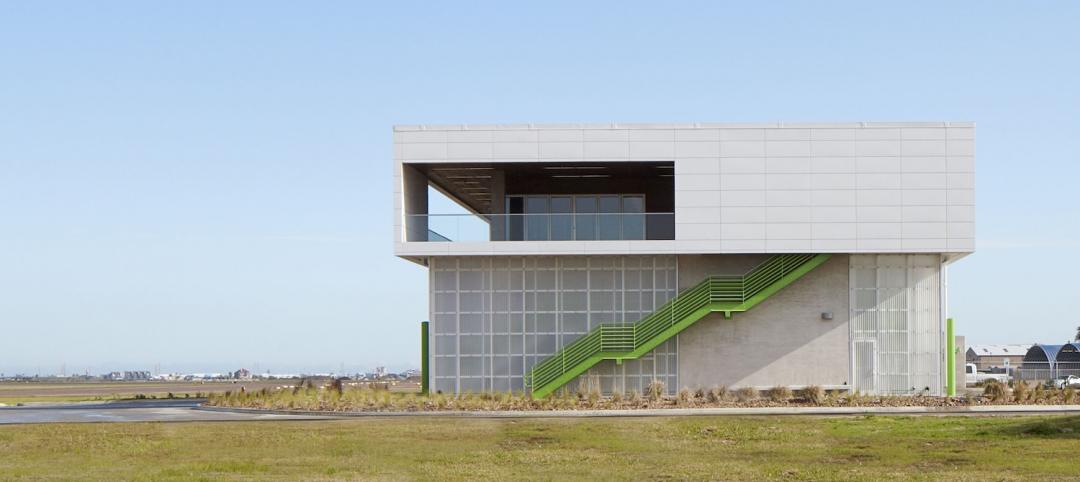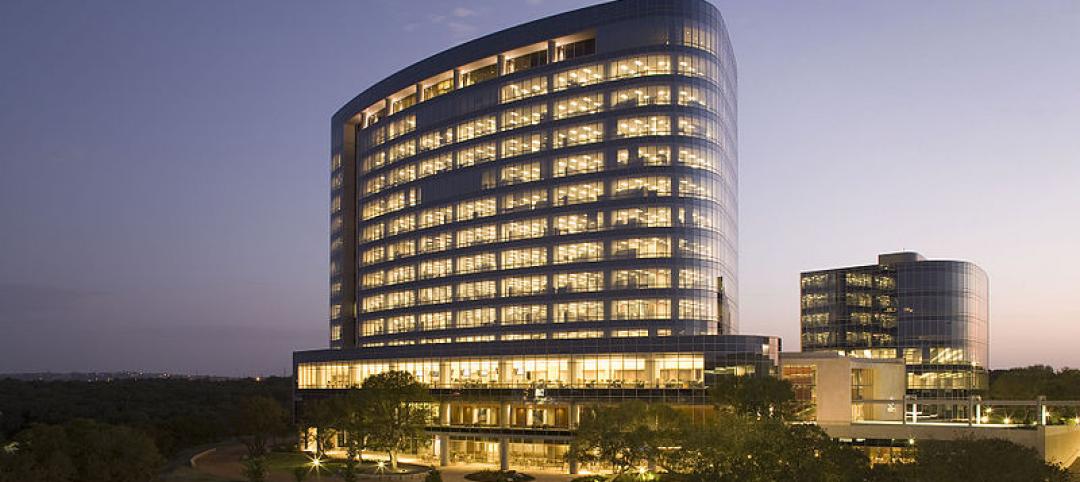In the current post-pandemic environment, many workers continue to work remotely, and most tenants don’t need as much space as in pre-pandemic days.
The impact is higher vacancies in the office sector and owners desperately trying to retain and attract tenants. Many landlords in the war for tenants have turned to offering new workplace amenities such as conference room services, fitness centers with nutritionists, and high-end food and beverage offerings.
To provide these services, landlords engage with third-party vendors and these arrangements present the potential for some thorny legal liability, according to a column at GlobeSt.com. To prevent that, both parties must hash out details over responsibilities for the engagement to ensure that it works as expected.
For example, a contract should include clauses about who can access bank accounts and who provides accounting support for expenses and revenue. Also, the vendor must be in tune with requirements in the landlord’s insurance to prevent inadvertent actions that could negate coverage.
In addition, amenity vendors may be unfamiliar with the coordination needed to operate the building when it comes to things like elevator usage, HVAC, access to loading docks, trash disposal, and parking. Details like that, if not spelled out in advance, could lead to rancor between the landlord and vendor, or worst case, a legal confrontation.
Design and construction firms should be aware of this dynamic when renovating space for upgraded office enhancements, as it could complicate the programming process or even derail a project.
Related Stories
| Sep 22, 2014
Sound selections: 12 great choices for ceilings and acoustical walls
From metal mesh panels to concealed-suspension ceilings, here's our roundup of the latest acoustical ceiling and wall products.
| Sep 15, 2014
Ranked: Top international AEC firms [2014 Giants 300 Report]
Parsons Brinckerhoff, Gensler, and Jacobs top BD+C's rankings of U.S.-based design and construction firms with the most revenue from international projects, as reported in the 2014 Giants 300 Report.
| Sep 15, 2014
Argentina reveals plans for Latin America’s tallest structure
Argentine President Cristina Fernández de Kirchner announces the winning design by MRA+A Álvarez | Bernabó | Sabatini for the capital's new miexed use tower.
| Sep 12, 2014
Armstrong first in Pennsylvania to earn LEED Platinum recertification from USGBC
The Armstrong facility is the first building in Pennsylvania and among only 17 buildings globally to achieve recertification at the highest level possible under USGBC’s LEED-EBOM program.
| Sep 9, 2014
Using Facebook to transform workplace design
As part of our ongoing studies of how building design influences human behavior in today’s social media-driven world, HOK’s workplace strategists had an idea: Leverage the power of social media to collect data about how people feel about their workplaces and the type of spaces they need to succeed.
| Sep 7, 2014
Ranked: Top state government sector AEC firms [2014 Giants 300 Report]
PCL Construction, Stantec, and AECOM head BD+C's rankings of the nation's largest state government design and construction firms, as reported in the 2014 Giants 300 Report.
| Sep 7, 2014
Behind the scenes of integrated project delivery — successful tools and applications
The underlying variables and tools used to manage collaboration between teams is ultimately the driving for success with IPD, writes CBRE Healthcare's Megan Donham.
| Sep 5, 2014
First Look: Zaha Hadid's Grace on Coronation towers in Australia
Zaha Hadid's latest project in Australia is a complex of three, tapered residential high-rises that have expansive grounds to provide the surrounding community unobstructed views and access to the town's waterfront.
| Sep 3, 2014
Ranked: Top local government sector AEC firms [2014 Giants 300 Report]
STV, HOK, and Turner top BD+C's rankings of the nation's largest local government design and construction firms, as reported in the 2014 Giants 300 Report.
| Sep 3, 2014
New designation launched to streamline LEED review process
The LEED Proven Provider designation is designed to minimize the need for additional work during the project review process.



